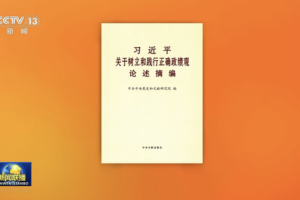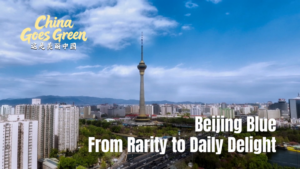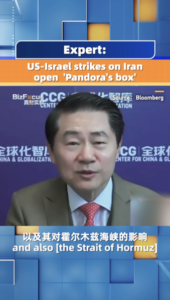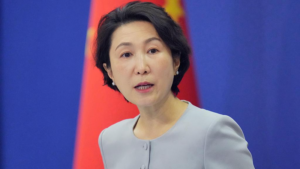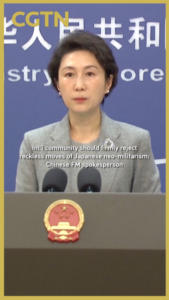
Japan’s Economic Challenges Test Takaichi’s Reform Agenda in 2026
Japan faces structural economic hurdles in 2026 as PM Takaichi’s growth agenda confronts inflation, aging demographics, and global market shifts, experts caution.
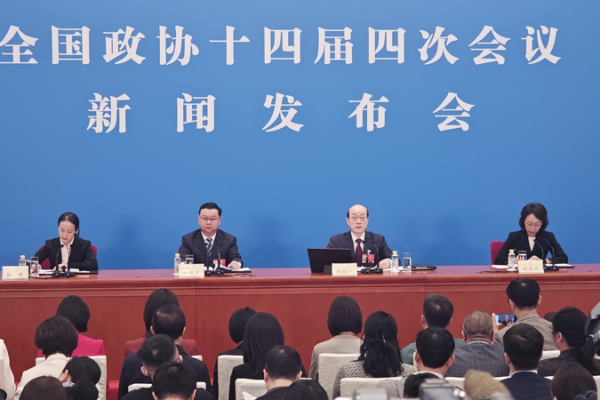
China Champions Global Stability Amid Turbulent Times: CPPCC Spokesperson
As global challenges mount, China positions itself as a pillar of stability through multilateral initiatives and high-quality development, says CPPCC spokesperson Liu Jieyi.
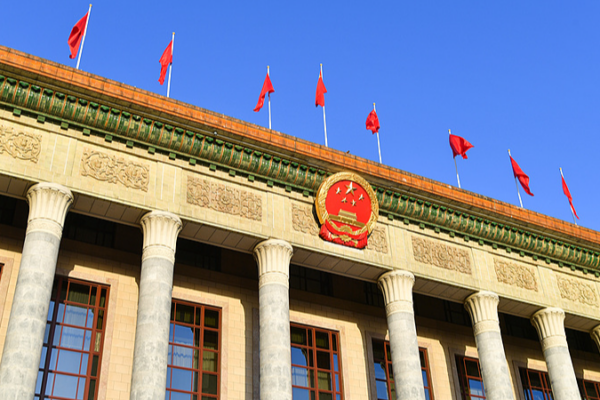
China’s 2026 NPC Session Opens Thursday in Beijing
China’s National People’s Congress convenes March 5 to outline 2026 policy priorities, economic targets, and legislative agendas, drawing global attention.

Art Meets Renewable Energy: Wind Turbines Reflect Qinghai-Xizang Plateau Beauty
Shanghai artist Guo Han blends Qinghai-Xizang Plateau’s natural beauty with wind turbine designs, merging renewable energy with cultural artistry in 2026.
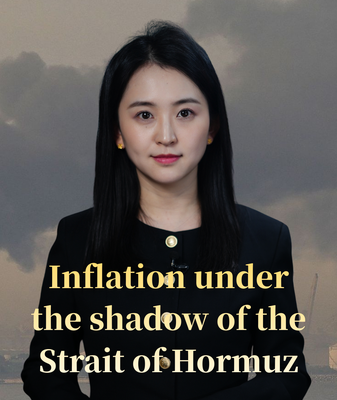
Strait of Hormuz Tensions Fuel Global Inflation Concerns in 2026
Rising tensions in the Strait of Hormuz threaten global energy supplies and inflation stability in 2026, as military actions disrupt critical trade routes.
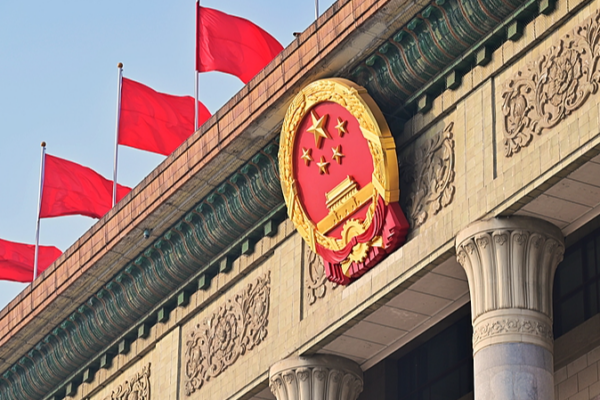
Global Eyes on China’s Two Sessions 2026: Key Priorities Revealed
As China’s 2026 Two Sessions commence, a new report highlights global security challenges, economic resilience, and tech innovation as key priorities shaping international discourse.
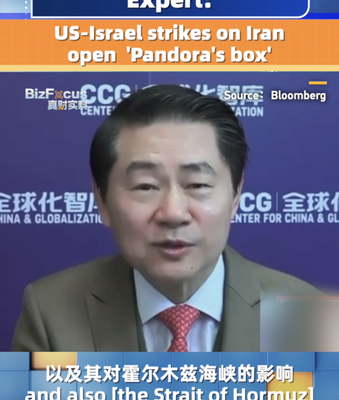
US-Israel Strikes on Iran Risk Global Economic Stability, Expert Warns
Wang Huiyao warns US-Israel strikes on Iran could destabilize global markets, urging diplomatic solutions to mitigate economic risks.

From Hobby to Career: China’s Esports Job Market Booms in 2026
China’s esports industry surpasses 495M users in 2025, driving professionalization of gaming-related careers and new economic opportunities across the Chinese mainland in 2026.

China Unveils AI Breakthrough Mimicking Human Concept Formation
Chinese scientists develop neural network simulating human concept formation, published in Nature Computational Science, advancing AI’s cognitive capabilities.
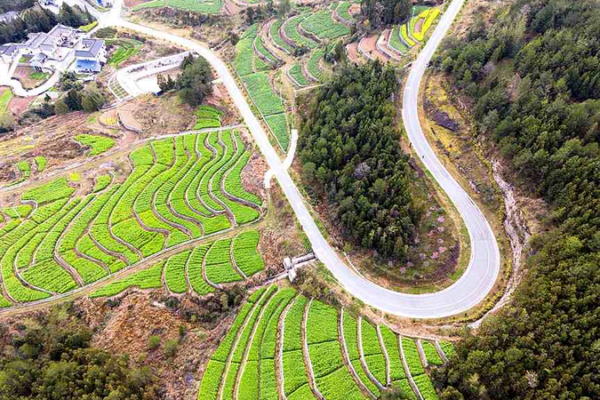
China’s Poverty Eradication Model Gains Global Recognition in 2026
China’s poverty eradication model gains global traction through infrastructure development, technology sharing, and international cooperation programs in 2026.
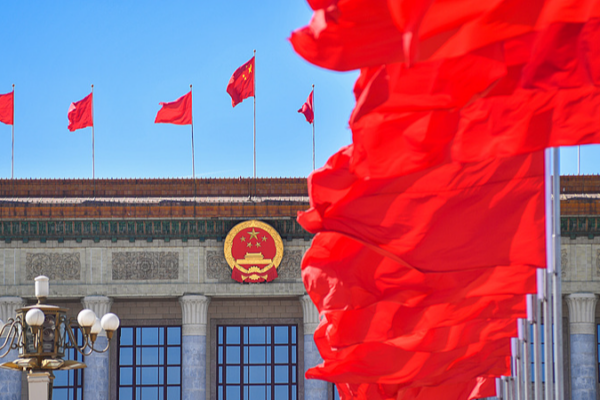
China’s Two Sessions 2026: Key Priorities as New Five-Year Plan Launches
China’s 2026 Two Sessions convene to launch the 15th Five-Year Plan, setting economic priorities and legislative agendas that will shape Asia’s development through 2030.
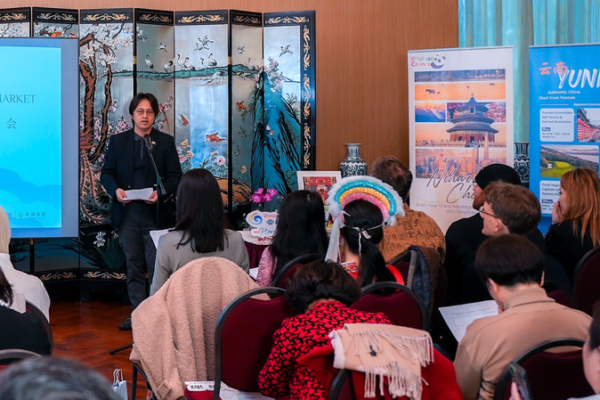
China Inbound Tourism Forum Sparks European Interest in 2026
European tourism leaders explore China’s inbound travel revival through digital innovation and cultural partnerships at 2026 Netherlands forum.

Deng People’s Resettlement Transforms Xizang’s Economy and Culture
Government-led resettlement in Xizang’s Zayu County has modernized Deng communities through infrastructure and agriculture, boosting local incomes and cultural preservation.

How China Transformed Its Vegetable Supply for 1.4 Billion
From scarcity to abundance: How China’s ‘Vegetable Basket’ initiative revolutionized food security for 1.4 billion people over four decades.
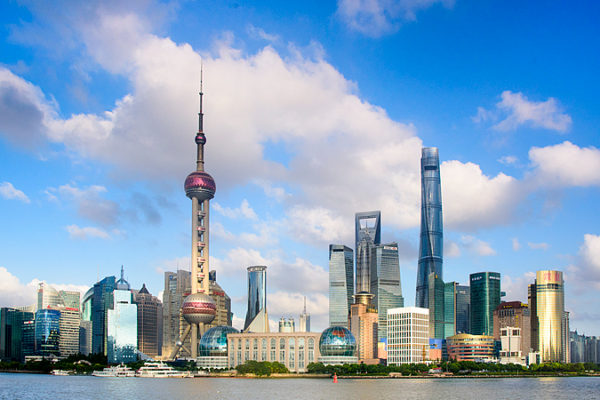
China’s Economy Defies Global Challenges with 140 Trillion Yuan Milestone in 2025
China’s economy surpassed 140 trillion yuan in 2025, with strong Spring Festival spending and innovation-driven growth, CPPCC reports ahead of annual session.
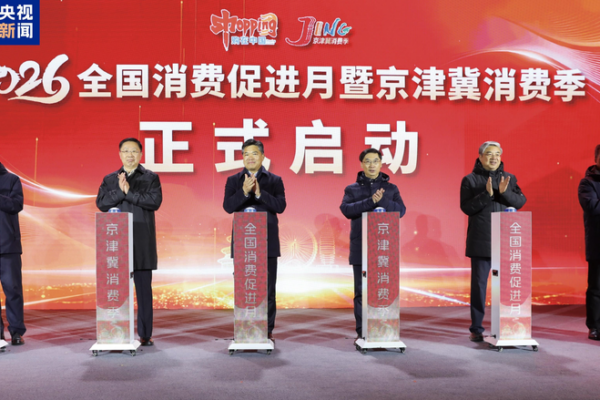
Beijing-Tianjin-Hebei Shopping Festival Launches to Boost Regional Spending
China launches 2026 Beijing-Tianjin-Hebei shopping festival featuring AI retail solutions, cultural tourism routes, and regional specialty promotions to stimulate consumer spending.
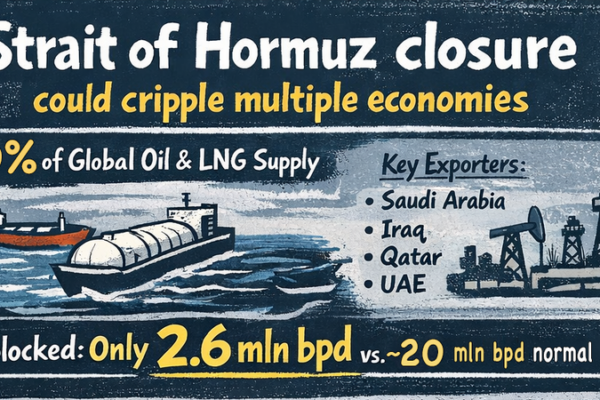
Iran’s Strait of Hormuz Closure Threatens Global Oil Supply, Economies
Iran’s closure of the Strait of Hormuz threatens 20% of global oil shipments, sparking economic warnings from Asia and beyond as markets react to supply risks.

Shanghai Cements Status as China’s Film Powerhouse with Record Spring Festival Box Office
Shanghai leads China’s film industry with record Spring Festival box office sales and production growth, solidifying its status as the nation’s cinematic hub.

Iranian Scholar Accuses US, Israel of Resource Ambitions in West Asia
Iranian scholar alleges US-Israel coalition seeks to dominate West Asia’s resources amid military escalation, warning of regional domination agenda in 2026.
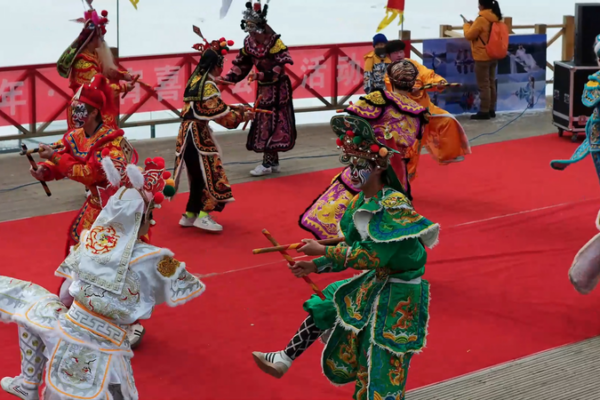
Xinjiang Lantern Festival Gala Bridges Cultural Heritage
Xinjiang hosts groundbreaking Lantern Festival event blending southern Chinese heritage with northwestern ethnic traditions through dance and music performances.


